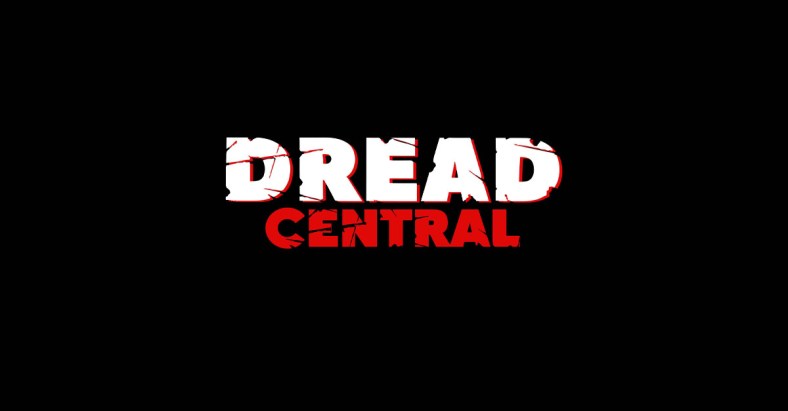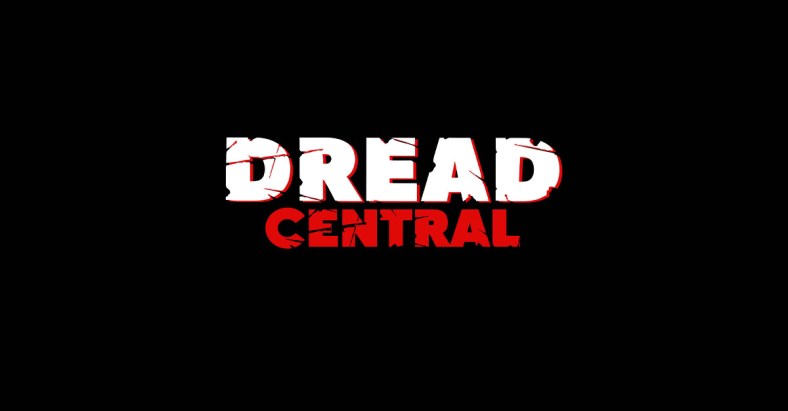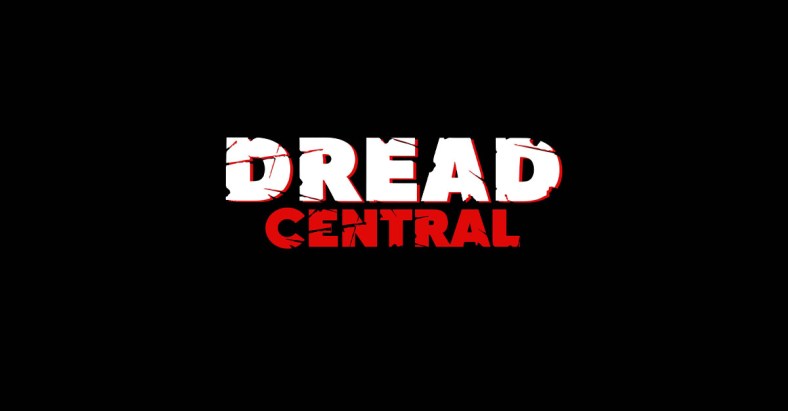Exclusive: Chatting with Television Writer Clark Perry

It’s not too often I have the pleasure of speaking with writers from my own home state of Alabama. Let alone successful writers. But all that changed in the last few weeks.
Through an odd turn of events, happenstance if you will, I was put in touch with “V,” “Defiance,” and “The Messengers” scribe Clark Perry. Clark is a magnificent writer, and talking with him was such a pleasure. Now, without further ado, let’s dive in…
Dread Central: I want to start with the obvious: the beginning. What made you want to become a writer?
Clark Perry: I loved stories ever since I was a child. I learned to read at an early age and just fell in love with words. I enjoyed comic books, but when I tried drawing them, it took a lot of effort to make something that was maybe average. When I wrote the stories down, that came easier and felt more natural. I left drawing to those who were better at it and focused on the words themselves.

Dread Central: Every writer has the story of who influenced them to become what they are in the first place. What inspired you to pursue writing? Was it a particular author? Or was it a certain story and/or book or movie?
Clark Perry: Oral storytelling traditions were imprinted on me at an early age — everything from tall tales to back porch gossip to fire-and-brimstone church sermons. Mix into that old reruns of “The Twilight Zone” and “Star Trek” and Stephen King stories, and you end up with my peculiar brand of dark storytelling.
Dread Central: Who are some of your favorite writers? Anyone in particular you’re reading right now?
Clark Perry: I grew up on Stephen King, Harlan Ellison, and H.P. Lovecraft. Their work was very influential on me. Even though I seldom turn to it anymore as a reader, they made their mark and it still resonates in everything I do. Right now I enjoy the fantasist China Mieville, the comics and fiction of Alan Moore, and playwrights like Jennifer Haley.

Dread Central: Was it always a goal of yours to be a writer for television, or was it something you just fell into?
Clark Perry: I moved to LA with the plan of writing for TV. After a successful career in advertising and journalism failed to satisfy me creatively, I realized I needed to try something that had been a dream since childhood.
Dread Central: Was television a difficult medium for you to break into?
Clark Perry: It takes equal amounts of perseverance and talent to do this. I know most writers are probably more talented than I am, so I resolved to be the one who never gave up. I wrote a lot of spec scripts and banged on a lot of doors, trying to get noticed. My big break came when I was accepted into the Warner Bros. TV Writing Workshop.
Dread Central: Was working on “V” your “big break,” so to speak? If not, what was?
Clark Perry: My position on “V” came about thanks to the Warner Bros. TV Writing Workshop. After training for six months in the workshop, the showrunner of “V” accepted me onto the staff because I’d been trained and my salary was subsidized by the studio.

Dread Central: What was it like working on such an iconic and well-loved series like “V?”
Clark Perry: I was excited because I finally got my foot in the door. That excitement soon gave way to a very sobering lesson in how TV happens — and how it can go wrong. I loved the original “V” series from the 1980s, and I was pretty astounded to realize the network didn’t really want a show about aliens at all. Their one big genre hit, “Lost,” was coming to an end and they were grasping at a lot of different replacement shows without really understanding how genre works. For that reason and many others, the vision the writing staff had for “V” was watered down and truncated by the time it reached viewers.
Dread Central: How did you come to be involved with shows like “The Messengers” and “Defiance?”
Clark Perry: I met Rockne O’Bannon on “V.” I’ve been a fan of his writing since the 1980s and we got along great. When he created “Defiance” for Syfy, he was kind enough to bring me aboard. I had a great experience on the first season of that show.
With “The Messengers,” I met and impressed the creator and showrunner when they were staffing up. I think my offbeat religious background as a Southerner gave me a perspective on that show’s apocalyptic storyline they found intriguing.

Dread Central: Clarke, you and I were born in raised in Alabama. A lot of artists believe that in order to succeed they need to escape where they came from. On the other side of the spectrum, and this has proven to be the case for most writers, we believe our surroundings inspire our stories. Which side do you feel you lean on more?
Clark Perry: We’re all informed and shaped by our background, no matter where we live or what we do. I used to wonder if being from Alabama somehow made me less intelligent than someone from, say, New York City. Now I can see that my Southern background is unique and useful. As for where you live, it all depends on what your goals are. If you specifically want to write for TV, you have to be in Los Angeles. For fiction writers, poets, musicians, or even independent filmmakers, you can live anywhere and ply your trade.
Dread Central: As I draw this interview to a close, I’d like to ask you something that I’m sure you’re asked a lot. What is the best advice you can give to aspiring writers? Particularly those wanting to write for television. How does one go about doing such a thing?
Clark Perry: If you want to write for TV, you need to do three things. First, know the history of your field, artistically, historically, and financially. You need to study every era of TV broadcasting and understand why it worked, what was great about it, and what attracted audiences to it. Second, you need to read and write as much as you can. Find produced TV scripts, everything from Rod Serling to “Breaking Bad,” and study them for form and content. Read TV pilots to understand how difficult it is setting up the world and characters of a TV show. When you write, aim high, swing for the fences, and tell stories that only you can tell. Your singular perspective is your superpower. Third and last, you have to move to Los Angeles. This is the epicenter of the industry. If you’re not here, it ain’t happening for you.
I’m so grateful for this interview and for Clark making the time for an interview for Dread Central! Looking forward to his works in the future!
Categorized:News

